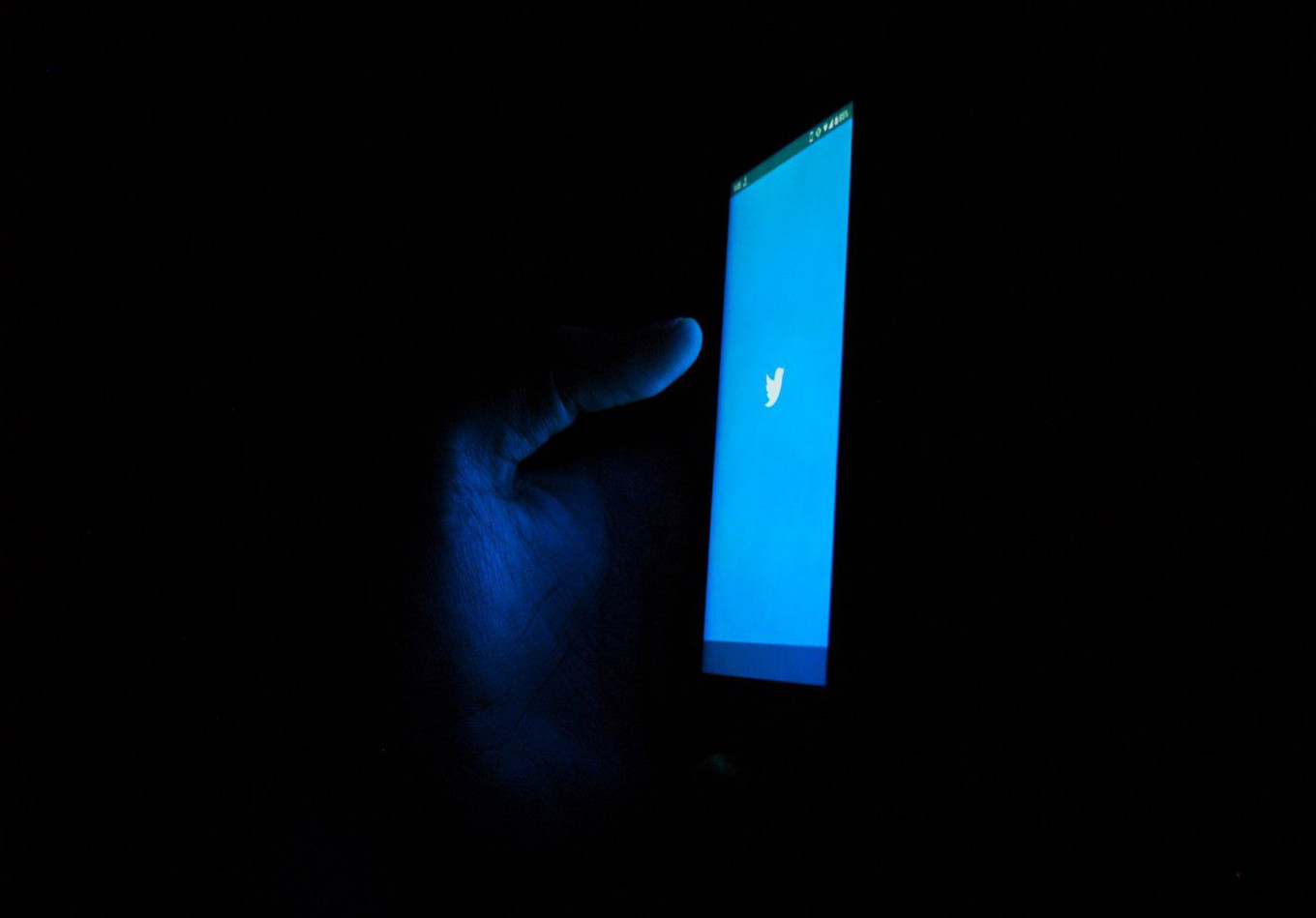Popular Reads
Top Results
Can't find what you're looking for?
View all search resultsPopular Reads
Top Results
Can't find what you're looking for?
View all search resultsJournalism's hostage relationship with Twitter
Journalists are some of the most active users of Twitter. But steps to make it a platform for unregulated speech threatens to turn a tool into a tribulation.
Change text size
Gift Premium Articles
to Anyone
“Twitter is an extension of journalists’ offices”, says International Federation of Journalists General Secretary Anthony Bellanger. The group that represents 600,000 journalists in 146 countries wants to see Twitter continue to be “duly moderated” following the company’s acquisition by tech billionaire and free speech "absolutist" Elon Musk.
“We are concerned that Elon Musk’s plans for Twitter are going the wrong direction by exacerbating opportunities to attack journalists and threatening the anonymity of users,” Bellanger said.
As Musk takes Twitter private, the digital siege on journalists continues.
At one level, almost all of us are under siege from the world of data capitalism. Social media users have signed away the rights to their data and it is bought and sold as a commodity to manipulate user behavior. Gmail, for instance, used by a sixth of the world’s population, allows third-party developers to access personal email information subject to certain criteria.
Reading private email is only the tip of the iceberg. Google stores map requests, YouTube search results and general search results, all of which are leased to the advertising industry. The Snowden leaks and the Cambridge Analytica scandal showed the world how both governments and the corporate sector can manipulate social media data for ill-gotten gain.
But journalists remain embedded in Twitter, encouraged to post their stories on it and use it for newsgathering. In 2014, the New York Times urged journalists to break the separation between the ‘newsroom’ and the ‘business side’ and to cultivate followers on social media. Some of the most active Twitter accounts belong to journalists.
University of Texas at Austin professor, Dominic Lasorsa, along with Seth Lewis and Avery Holton studied 22,000 tweets by journalists. They found that journalists offer opinion more freely on social media than in traditional media. However, they are also more accountable and transparent about how they conduct their work than amateur newsgatherers. It is no wonder that the International Federation of Journalists would worry about the deregulation of Twitter and other social media platforms.
If Elon Musk takes Twitter private, it can escape regulation from its board and the public. Twitter policy currently disallows political advertising, wishes of harm, and any content that sexualizes an individual without consent. Moreover, Twitter prohibits content that denies mass casualty events such as the Holocaust or school shootings. With Musk taking Twitter private, such policies may be rolled back.
Already, Twitter is a troubling place for many journalists.
Independent Indian journalist Rana Ayyub recently filed a First Information Report (FIR) complaining against 26,000 abusive tweets on her Twitter handle and other social media profiles. Freelance journalist Neha Dixit has long faced online and offline harassment. In 2021 a stalker identified her exact physical location through phone calls and threatened her with rape, acid attack and death.
According to a report by the Center of Media Engagement at the University of Texas at Austin, female journalists in India, UK and the US felt strong pressure to engage online and withstand the constant harassment that often spilled over into their offline lives.
Complete anonymity is often not an option for journalists online and hard for anyone to maintain. Forced to live under digital siege, journalists use a combination of tools to protect their sources with secure and encrypted messaging and virtual private networks. Many keep separate devices for work and home, some maintain one social media account for their work and another for their private life.
Digital safety lessons should be on the agenda for all journalism schools and newsrooms. More recently there has become a need to extend this to digital law lessons as new bills sold to voters on the basis of national security also have the effect of eroding journalists’ privacy.
---
The writer is Assistant Professor and Assistant Dean (Admissions and Outreach) in the School of Journalism and Communication at O.P Jindal University. The author declared no conflicts of interest in relation to the article.
Originally published under Creative Commons by 360info™.











